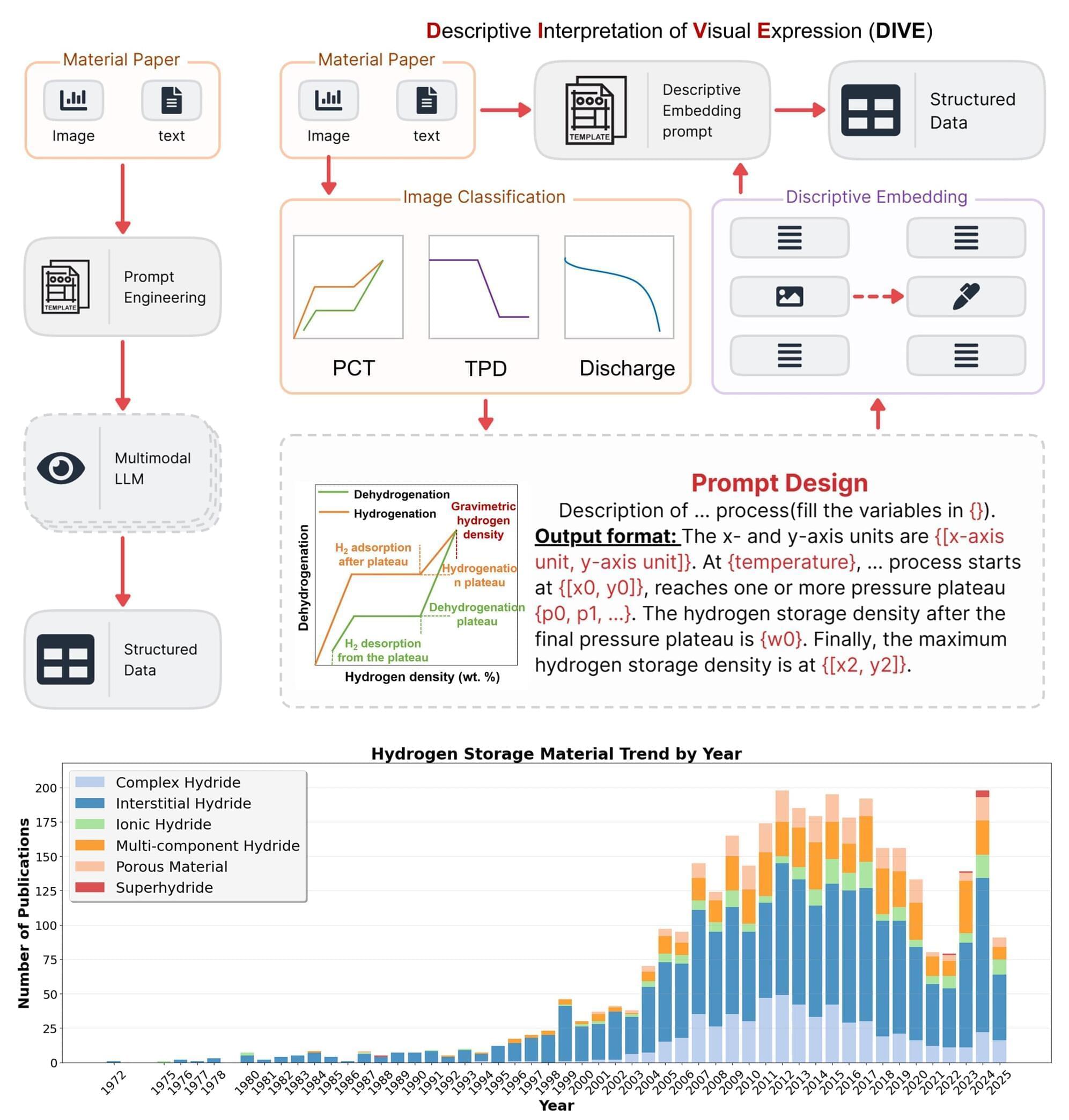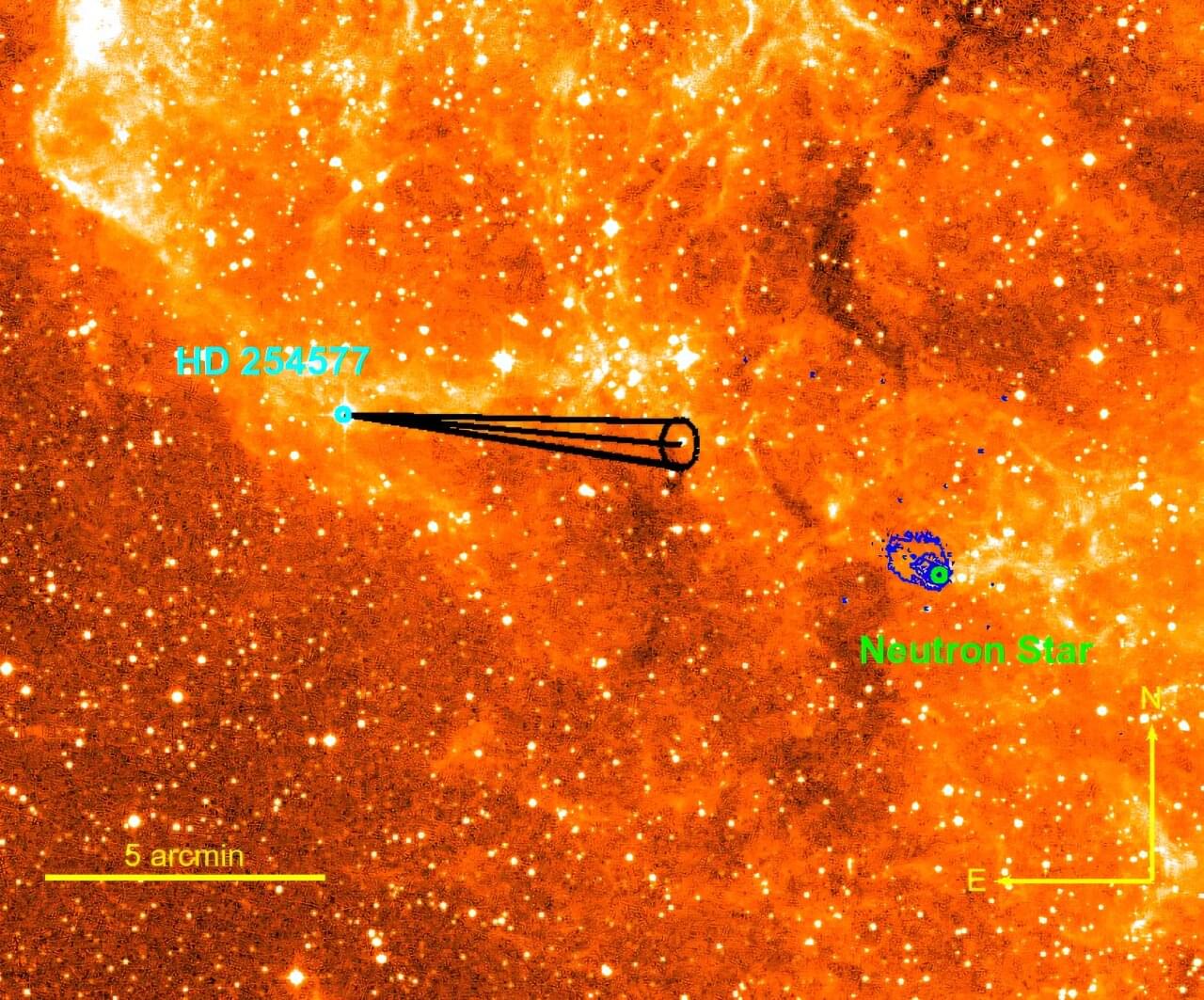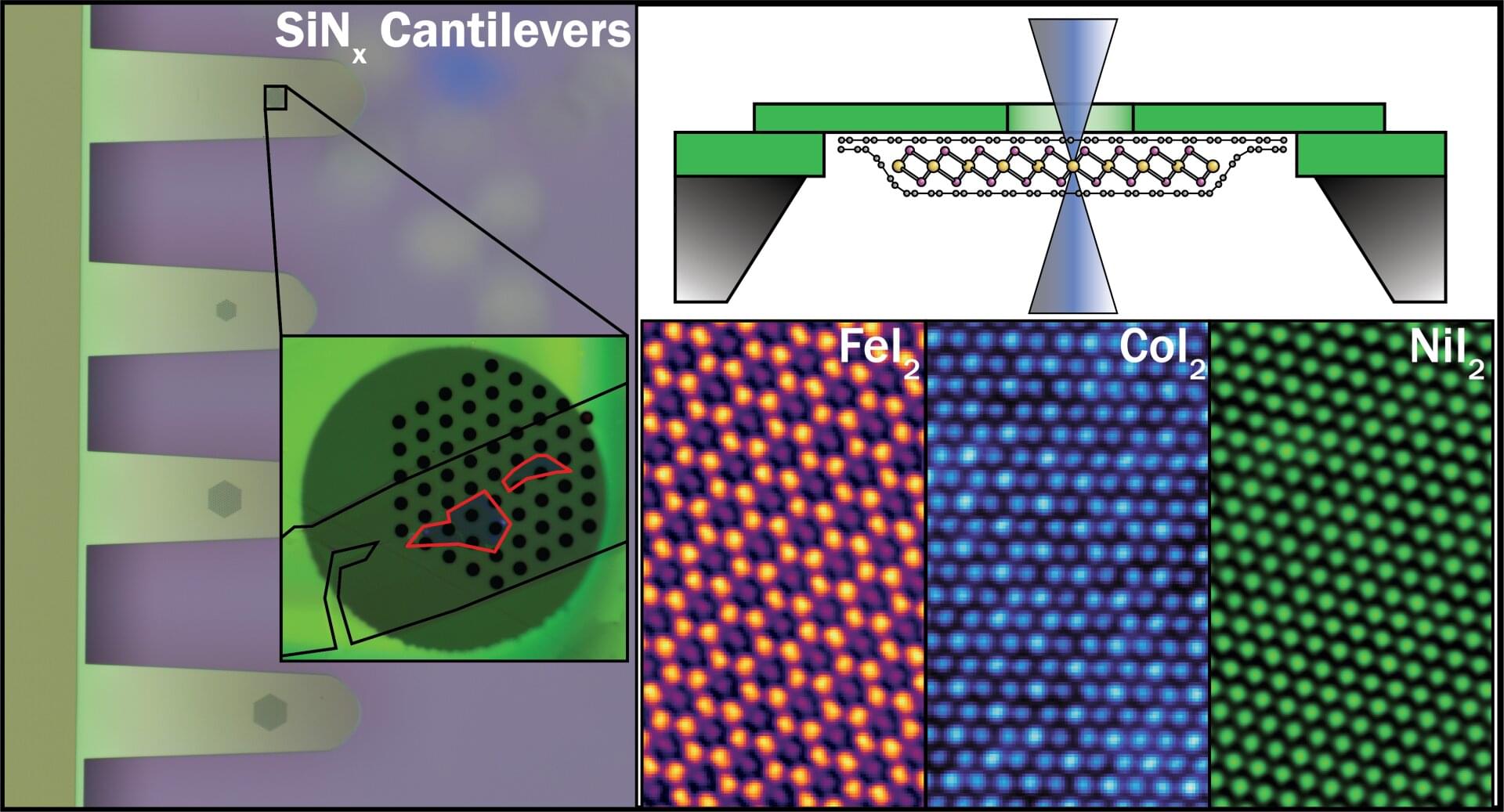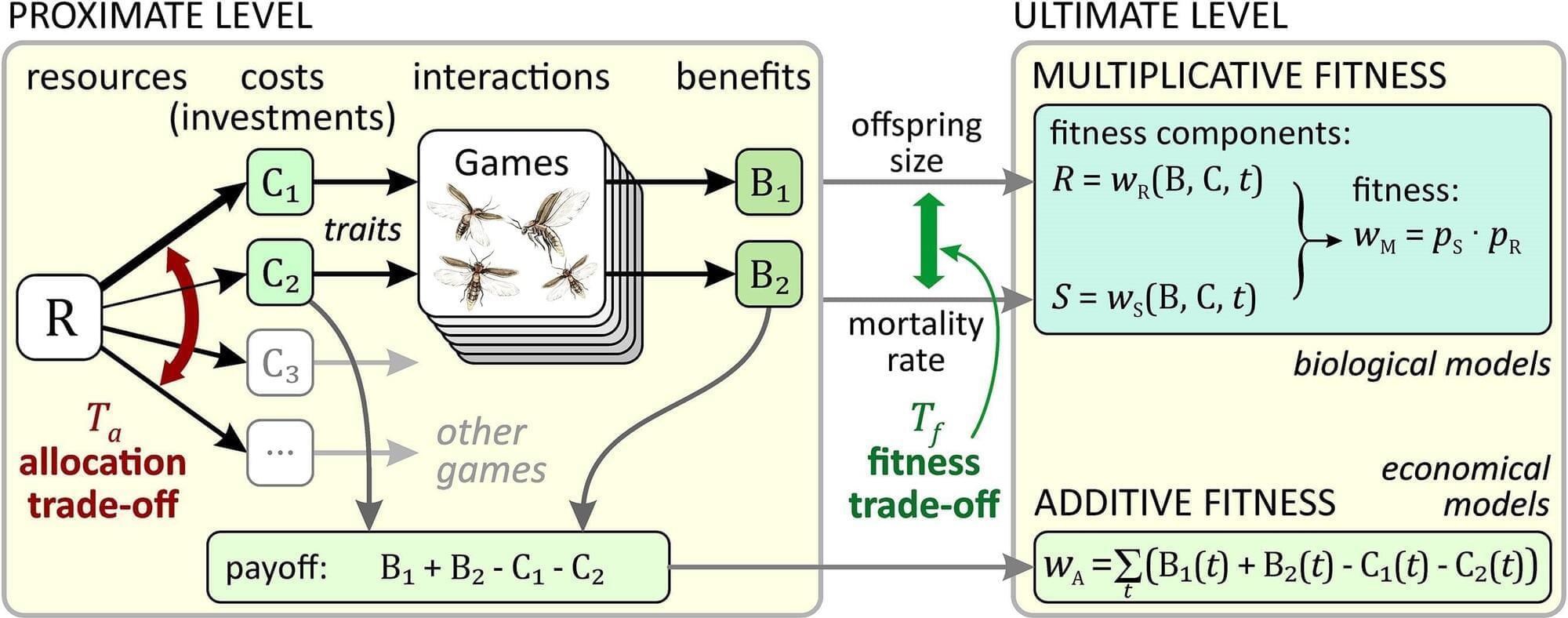Coordinated swarms of AI personas can now mimic human behavior well enough to manipulate online political conversations and potentially influence elections.





Developing new materials can involve a dizzying amount of trial and error for different configurations and elements. Artificial intelligence (AI) has seen a surge of popularity in energy materials research for its potential to streamline this time-consuming process. However, fully autonomous workflows that connect high-precision experimental knowledge to the discovery of credible new energy-related materials remain at an early stage.
A team of researchers at the WPI-Advanced Institute for Materials Research (WPI-AIMR), Tohoku University, created the Descriptive Interpretation of Visual Expression (DIVE) multi-agent workflow to streamline the material research process. The system extracts information from images in a database of over 30,000 entries from 4,000 scientific publications to propose new materials within minutes.
The findings were published in Chemical Science.

Scientists at the U.S. Department of Energy’s (DOE) Brookhaven National Laboratory have uncovered experimental evidence that particles of matter emerging from energetic subatomic smashups retain a key feature of virtual particles that exist only fleetingly in the quantum vacuum. The finding offers a new way to explore how the vacuum—once thought of as empty space—provides important ingredients needed to transform virtual “nothingness” into the matter that makes up our world.
The research, just published in Nature, was carried out by the STAR Collaboration at Brookhaven’s Relativistic Heavy Ion Collider (RHIC), a DOE Office of Science user facility for nuclear physics research. The paper presents evidence of a significant correlation in particle spins—a built-in quantum property related to magnetism—among certain pairs of particles emerging from proton-proton collisions at RHIC.
The STAR scientists’ analysis directly links those correlations to the spin alignment of virtual quark-antiquark pairs generated in the quantum vacuum. In essence, the scientists say, RHIC’s collisions give those virtual particles the energetic boost they need to transform into the real particles detected by STAR.

You can tell a lot about a material based on the type of light shining at it: Optical light illuminates a material’s surface, while X-rays reveal its internal structures and infrared captures a material’s radiating heat. Now, MIT physicists have used terahertz light to reveal inherent, quantum vibrations in a superconducting material, which have not been observable until now.
Terahertz light is a form of energy that lies between microwaves and infrared radiation on the electromagnetic spectrum. It oscillates over a trillion times per second—just the right pace to match how atoms and electrons naturally vibrate inside materials. Ideally, this makes terahertz light the perfect tool to probe these motions.
But while the frequency is right, the wavelength—the distance over which the wave repeats in space—is not. Terahertz waves have wavelengths hundreds of microns long. Because the smallest spot that any kind of light can be focused into is limited by its wavelength, terahertz beams cannot be tightly confined.

Astronomers have strengthened long-standing predictions that massive runaway stars could have originated in binary pairs, and were dramatically ejected into space when their companion stars underwent supernova explosions. Through a combination of observations and stellar models, a team led by Baha Dinçel at the University of Jena in Germany revealed that the star HD 254577 likely did just this—and that its origins can be tied back to a companion whose remnants now form the Jellyfish nebula. The research is published in Astronomy & Astrophysics.

That low-frequency fuzz that can bedevil cellphone calls has to do with how electrons move through and interact in materials at the smallest scale. The electronic flicker noise is often caused by interruptions in the flow of electrons by various scattering processes in the metals that conduct them.
The same sort of noise hampers the detecting powers of advanced sensors. It also creates hurdles for the development of quantum computers—devices expected to yield unbreakable cybersecurity, process large-scale calculations and simulate nature in ways that are currently impossible.
A much quieter, brighter future may be on the way for these technologies, thanks to a new study led by UCLA. The research team demonstrated prototype devices that, above a certain voltage, conducted electricity with lower noise than the normal flow of electrons.

Two-dimensional (2D) materials promise revolutionary advances in electronics and photonics, but many of the most interesting candidates degrade within seconds of air exposure, making them nearly impossible to study or integrate into real-world technology. Transition metal dihalides represent a particularly compelling yet challenging class of materials, with predicted properties ideal for next-generation devices, but their extreme reactivity when exposed to air prevents even basic structural characterization.
Researchers at The University of Manchester’s National Graphene Institute have now achieved the first atomic-resolution imaging of monolayer transition metal diiodides, made possible by creating graphene-sealed TEM samples that prevent these highly reactive materials from degrading on contact with air.
The study, published in ACS Nano, demonstrates that fully encapsulating the crystals in graphene preserves atomically clean interfaces and extends their usable lifetime from seconds to months.

For decades, scientists have tried to answer a simple question: why be honest when deception is possible? Whether it is a peacock’s tail, a stag’s roar, or a human’s résumé, signals are means to influence others by transmitting information and advantages can be gained by cheating, for example by exaggeration. But if lying pays, why does communication not collapse?
The dominant theory for honest signals has long been the handicap principle, which claims that signals are honest because they are costly to produce. It argues that a peacock’s tail, for example, is an honest signal of a male’s condition or quality to potential mates because it is so costly to produce. Only high-quality birds could afford such a handicap, wasting resources growing it, demonstrating their superb quality to females, whereas poor quality males cannot afford such ornaments.
A new synthesis by Szabolcs Számadó, Dustin J. Penn and István Zachar (from the Budapest University of Technology and Economics, University of Veterinary Medicine Vienna and HUN-REN Centre for Ecological Research, respectively) challenges that logic. They argue that honesty does not depend on how costly or wasteful a signal is, but rather on the trade-offs between investments and benefits, faced by signalers.